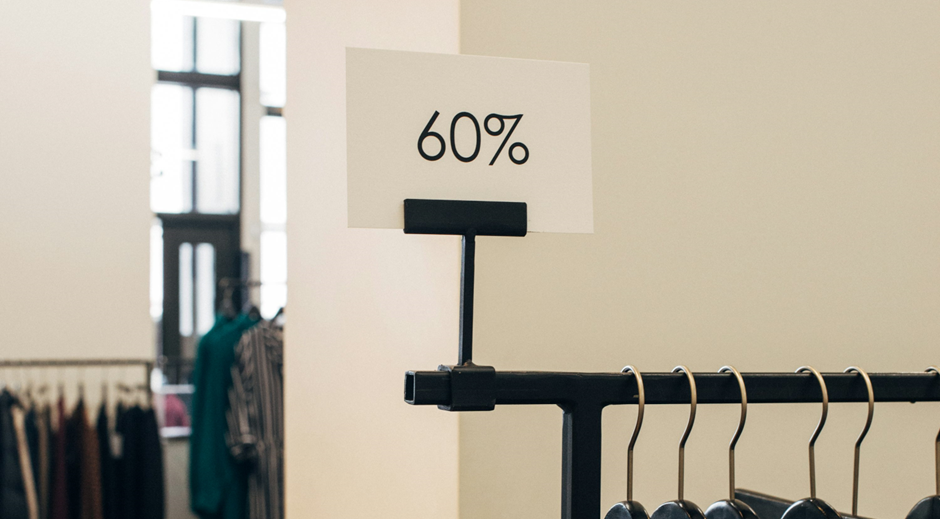Wall Street veteran Howard Lutnick, who was in the run for treasury Secretary, just confirmed to instead become America's next Commerce Secretary under President-elect Trump, bringing his extensive financial market experience to oversee the nation's critical trade relationships and technology controls. The Cantor Fitzgerald CEO's appointment implies a somewhat aggressive shift in U.S.-China trade policy, with Trump's team contemplating tariffs as high as 60% on Chinese imports—though Reuter's poll expects a more moderate 38% rate due to its immediate inflationary effect. Lutnick, who rarely speaks publicly about China despite his firm's involvement in Chinese IPOs, has endorsed an assertive tariff strategy, suggesting it could generate $400 billion while advancing Trump's "America First" agenda. The Commerce Department's expanding role in restricting sensitive technology exports, particularly in semiconductors and AI, positions Lutnick at the centre of America's economic competition with China. Economists surveyed by Reuters predict these new trade measures could slice up to one percentage point off China's GDP growth, further pressuring Beijing to consider additional stimulus measures.
EQUITY
Wall Street shrugged off geopolitical tensions with Russia and instead focused on Nvidia's upcoming earnings report, preemptively gaining 4.9% as analysts expect 83% year-over-year revenue growth in its third quarter. Walmart added to the market's optimism after hitting record highs on annual forecast upgrades for the third time. Super Micro Computer closed 31% higher after submitting a plan to maintain its Nasdaq listing. Goldman Sachs is projecting the S&P 500 to reach 6,500 by the end of 2025, with gains coming from diverse sectors instead of a select few.
GOLD
Gold prices bounced past supply level at $2,620 as geopolitical tensions restored interest in safe-haven assets with the dollar holding strong. Commerzbank analysts point to projected higher US inflation, central bank bullion purchases, and the likelihood of significant budget deficits in Western countries as price support. The combination of geopolitical risk and monetary policy speculation has created what Mizuho Securities USA describes as "safe haven flows from geopolitical chaos," suggesting the precious metal's role as a portfolio hedge remains intact.
OIL
Oil markets settled just slightly higher with ongoing geopolitical tensions after Ukraine's first Western-supplied missile strikes on Russian territory sparked nuclear doctrine revisions from Moscow. Iran's agreement to halt near-weapons-grade uranium production and Hezbollah's reported acceptance of a U.S.-brokered cease-fire proposal with Israel added relief beside U.S. crude inventories higher by 4.753 million barrels.
CURRENCY
The dollar is trending lower, albeit slightly, from its recent highs as global markets processed Russia's controversial nuclear doctrine update, with safe-haven currencies initially gained before settling as diplomatic statements helped calm tensions. ECB officials hint at potential rate cuts to avoid economic stagnation, preventing the euro's ability to gain from the dollar's pullback. The yen touched a one-week high against the dollar after Finance Minister Kato hinted at potential intervention to address "excessive currency movements."













